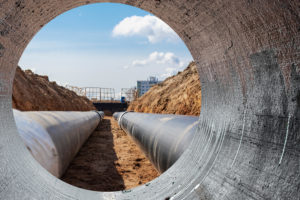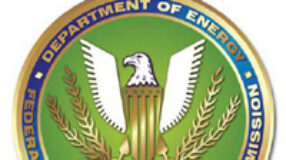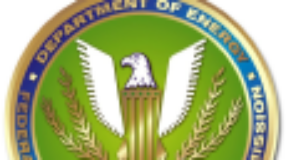
FOR IMMEDIATE RELEASE
WASHINGTON, District Of Columbia, United States, March 8, 2023 —
Following today’s House Transportation and Infrastructure Subcommittee on Railroads, Pipelines, and Hazardous Materials hearing on implementation of the Protection our Infrastructure of Pipelines and Enhancing Safety (PIPES) Act of 2020 and examining future safety needs, Interstate Natural Gas Association of America (INGAA) President and CEO Amy Andryszak stated, “INGAA strongly supported the PIPES Act of 2020 and the collaborative, bipartisan work that went into its enactment. The law authorized new funding for our nation’s pipeline safety program and mandated advancement of important rulemakings, such as the class location rule that will both enhance safety and benefit the environment.
“An update to the class location rule will provide better public safety outcomes because it will allow INGAA member companies to use modern pipeline safety technologies and reallocate resources from replacing perfectly safe pipe to enhancing other aspects of their safety systems. Additionally, the PIPES Act of 2020 required PHMSA to hold a Gas Pipeline Advisory Committee (GPAC) meeting on the class location rule by the end of calendar year 2021. We are frustrated that this has not yet occurred, especially when it was statutorily required by Congress.”
At the hearing, Kenneth Grubb, Chief Operating Officer for Natural Gas Pipelines at Kinder Morgan, testified on behalf of INGAA about the importance of safety in the implementation of the PIPES Act of 2020. Mr. Grubb highlighted INGAA’s support for a strong safety regulator at PHMSA while urging the agency to complete the class location rulemaking as part of its ongoing efforts to improve safety.
“INGAA’s top regulatory priority with PHMSA is completion of the class location rulemaking, which presents opportunities to increase safety and protect the environment. The class location change regulations have not been substantively updated in over 50 years and revising them has been an INGAA goal for more than two decades.”
During his testimony, Mr. Grubb highlighted the role of the GPAC, recommending the organization meet more frequently. Mr. Grubb also urged PHMSA to prioritize hiring safety engineers to assist with rulemakings.
“GPAC can play an important role in completing our collective objective to enhance gas pipeline safety regulations. The time needed to complete a rulemaking is affected, in part, by the quantity and quality of dialogue with impacted stakeholders. Their dialogue is especially important when the subject of a rulemaking is a complex, technical topic such as pipeline safety regulation,” Mr. Grubb explained.
“INGAA recognizes that pipeline safety regulations are complicated and often take years of work to be drafted and implemented. To help assist with the rulemaking backlogs that frequently occur, adding safety engineers to PHMSA’s team who already understand pipeline systems and federal code would be a great asset to the agency,” he said.







